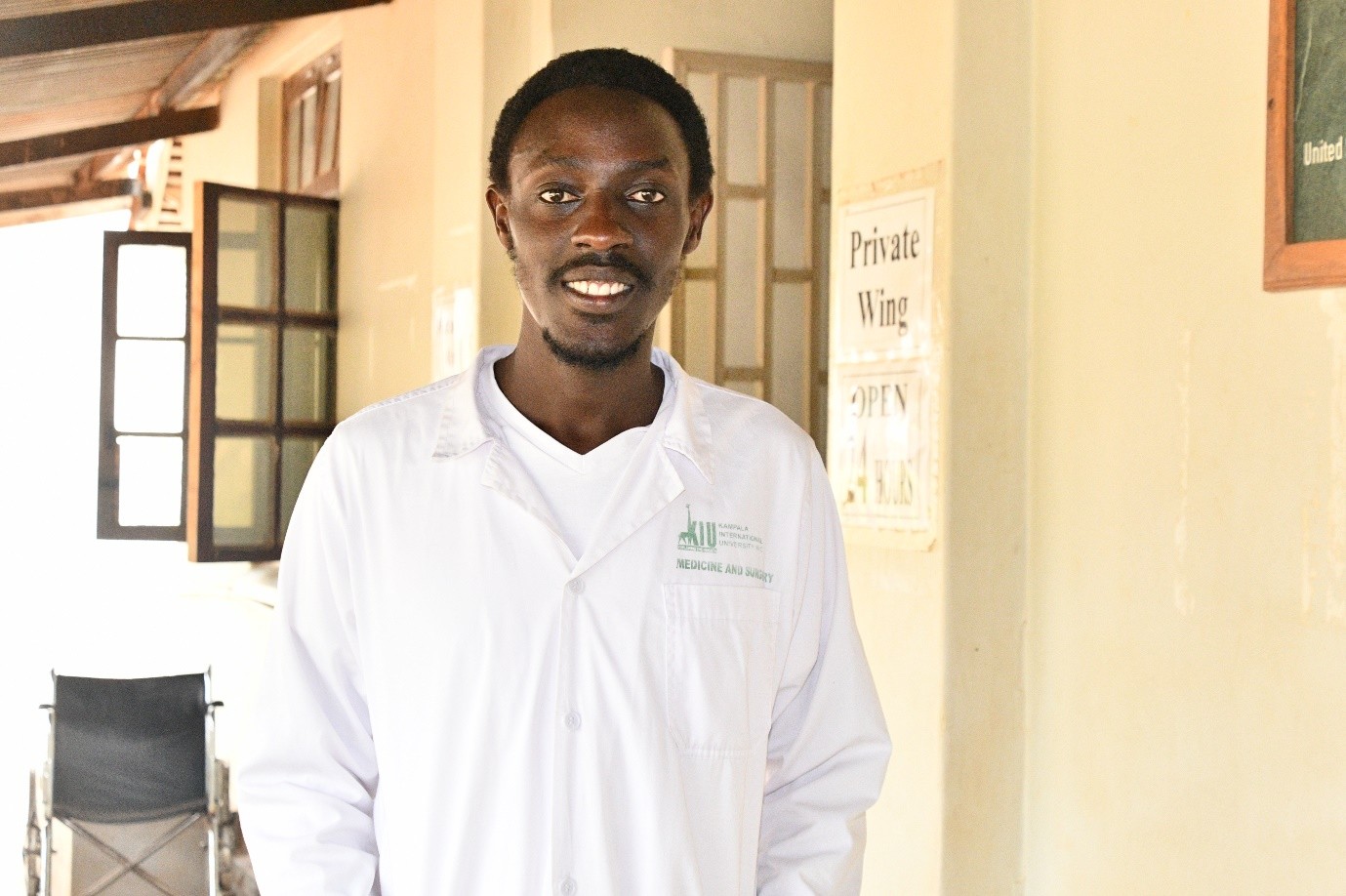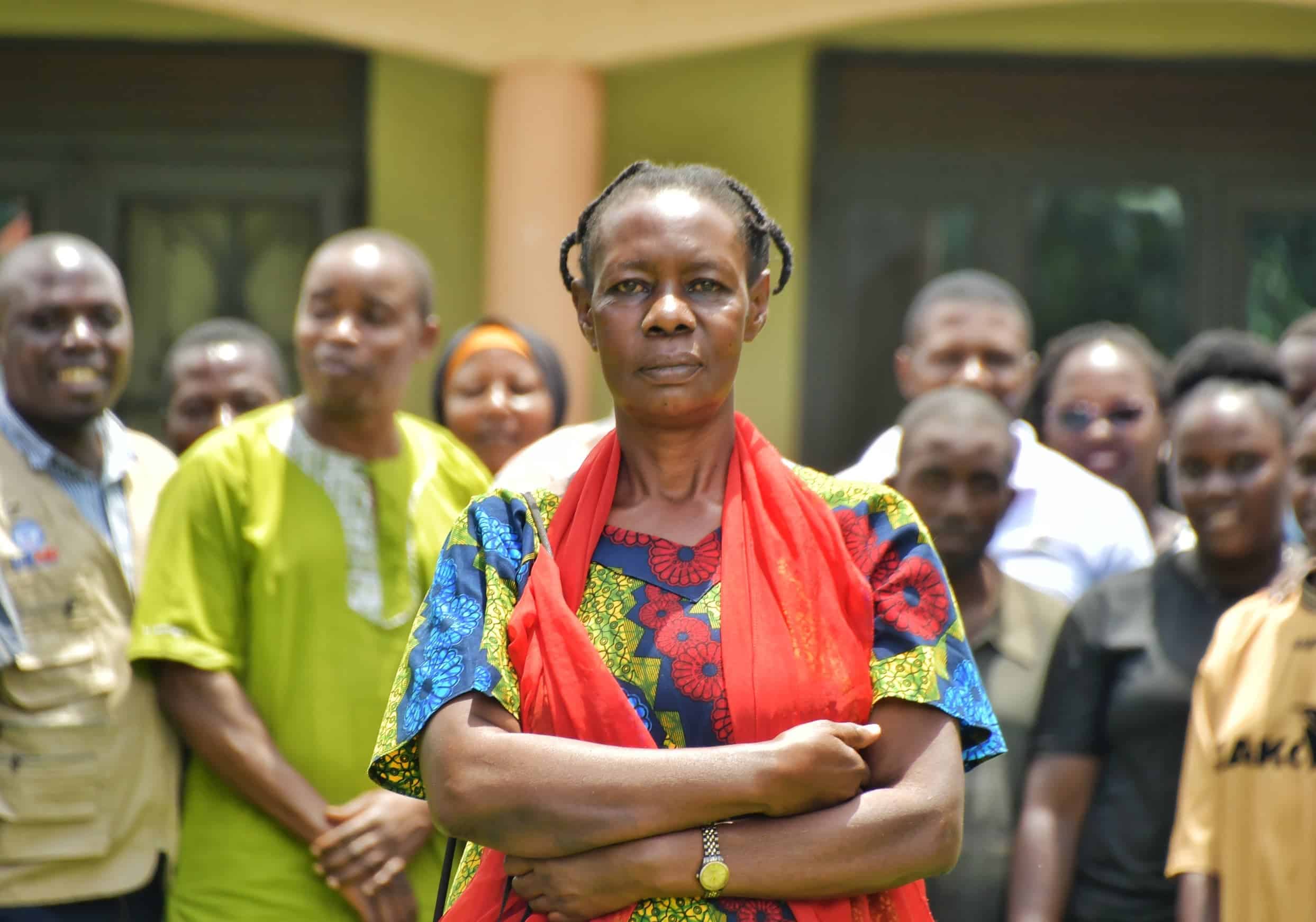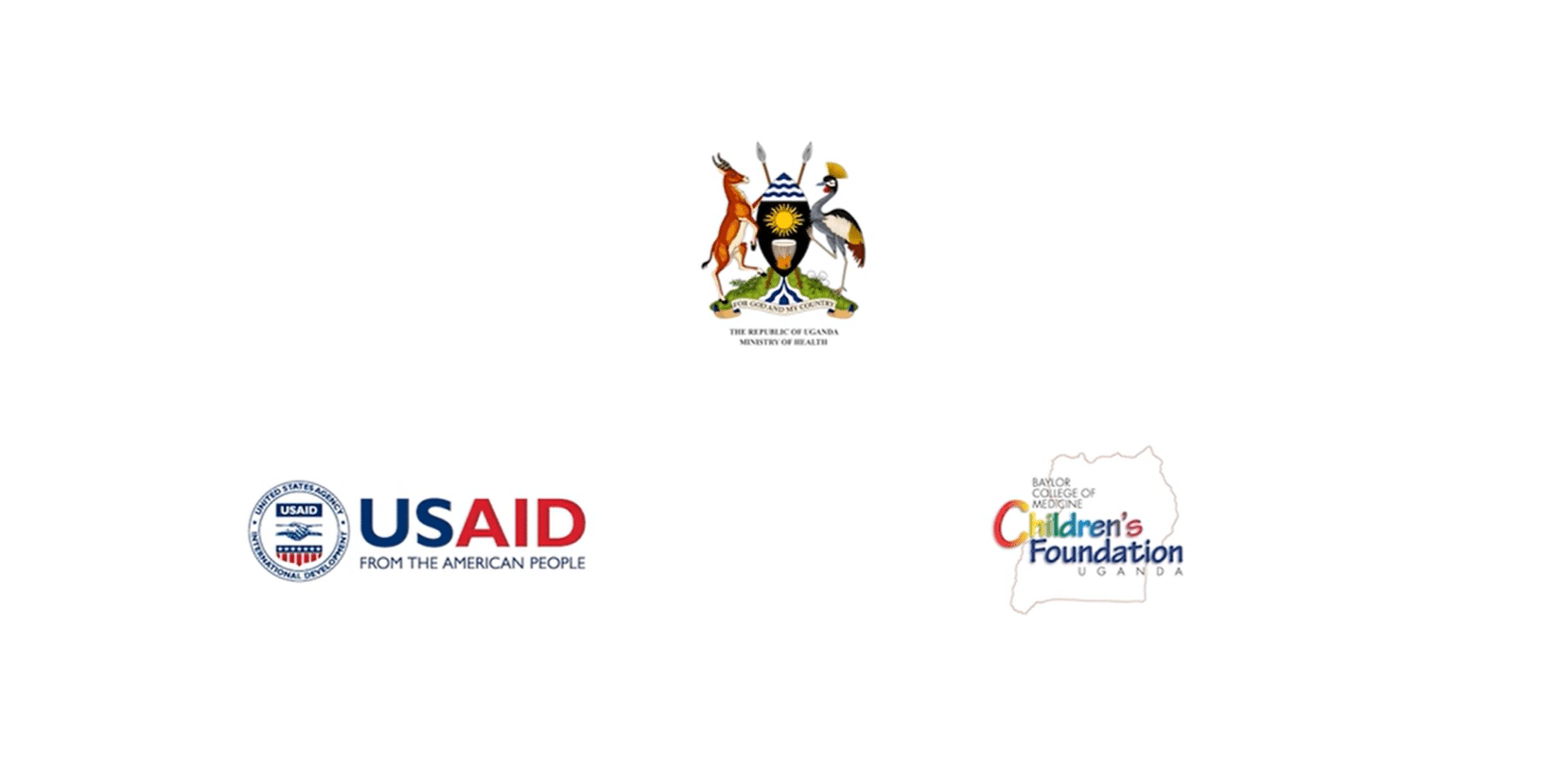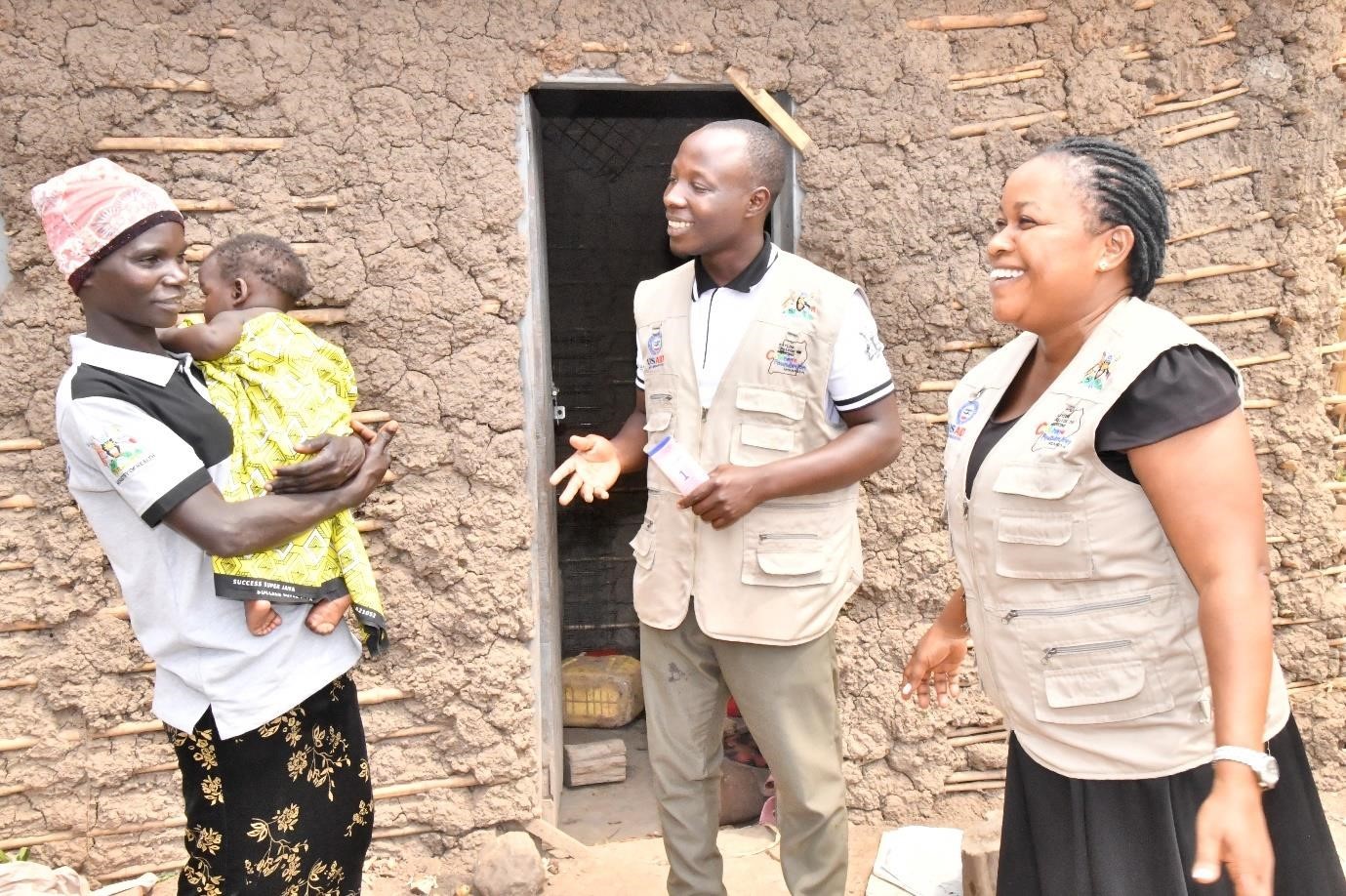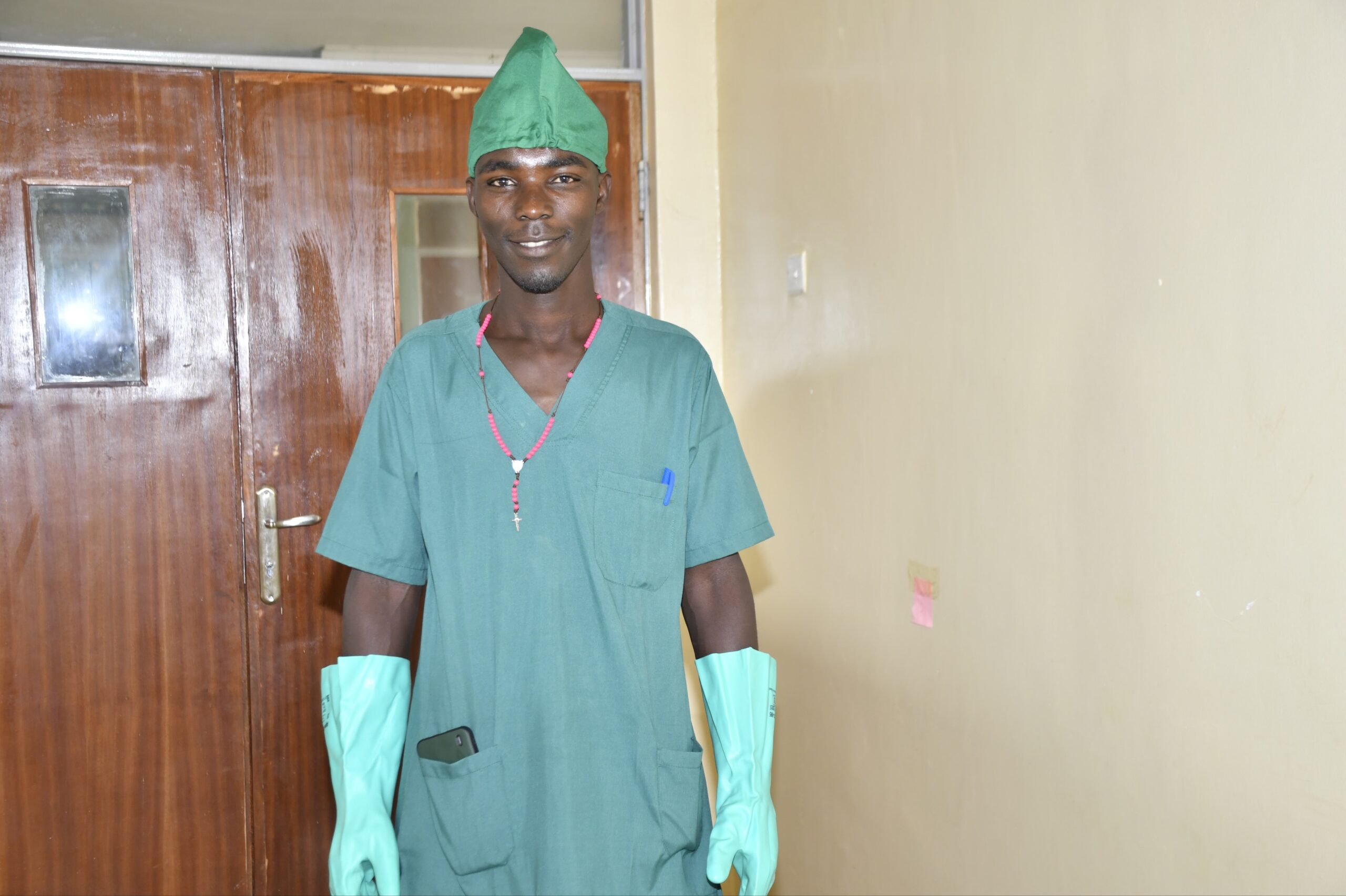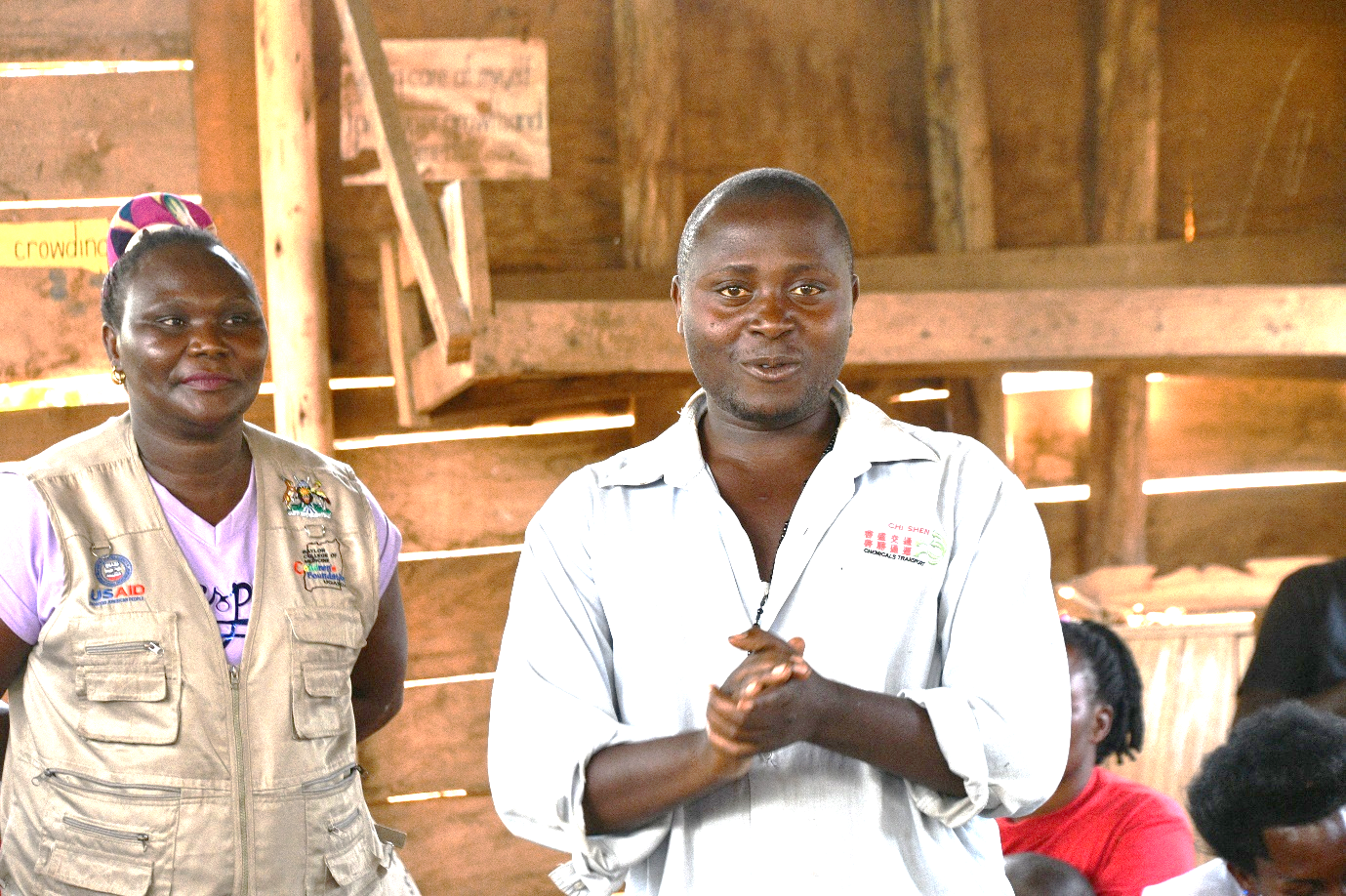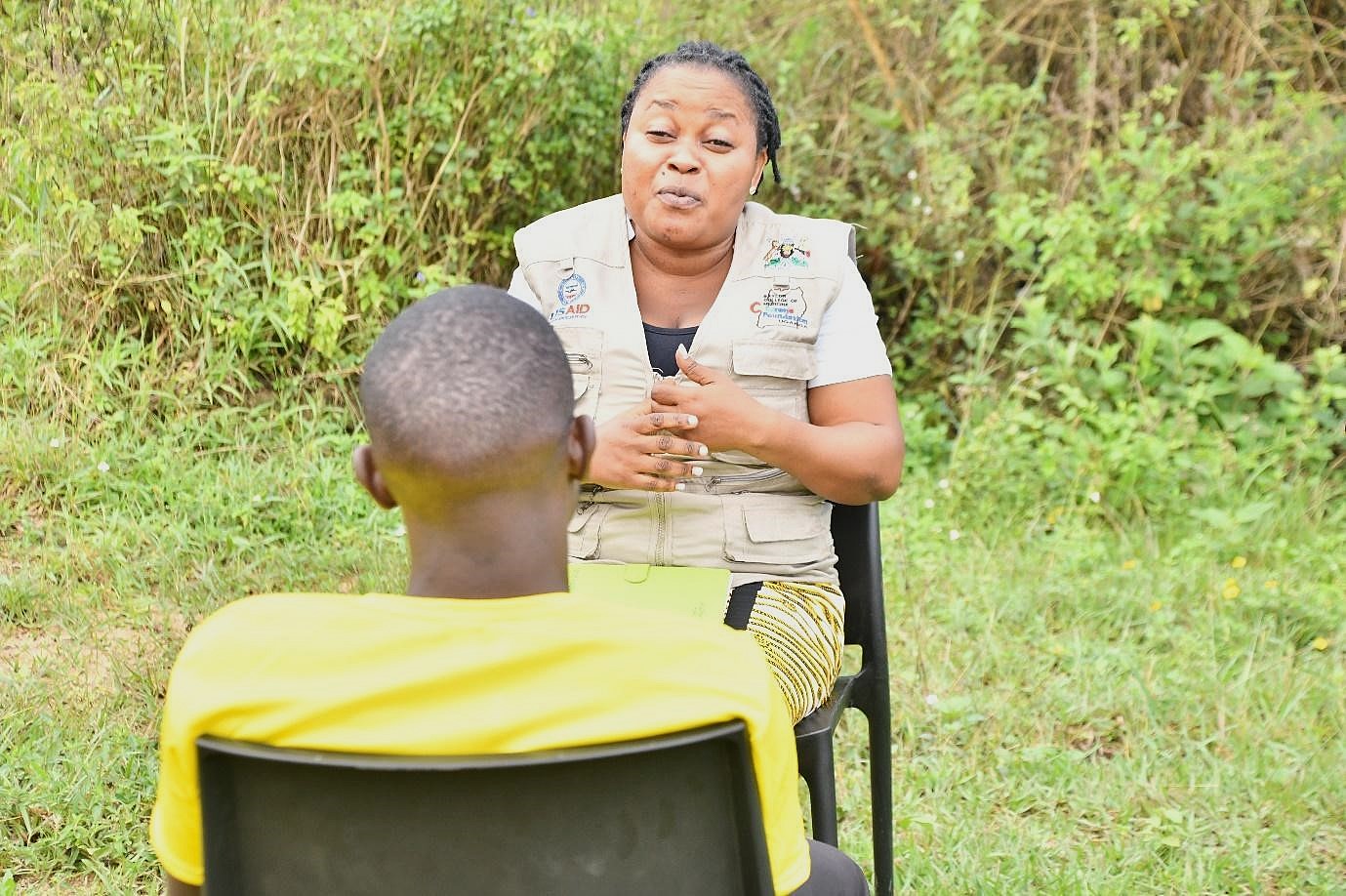Colleb, 27, is a medical student who contracted Ebola while on rotation at Mubende Regional Referral Hospital. Colleb recalls catching the disease from a nine-year-old boy who was brought to the Accident and Emergency Unit with symptoms of bloody diarrhoea, vomiting, and abdominal pain. Colleb diagnosed him with acute diarrhoea with moderate dehydration before transferring him to the paediatric ward for further treatment. Unfortunately, the child passed away.
Sick and unresponsive to treatment
A torturous five days of high temperatures, loss of appetite, fever chills, excessive sweating, and constipation followed with no confirmation of typhoid or malaria. “It wasn’t until I went to a nearby clinic and took blood tests that I became aware that I had been infected by an unknown virus. I resolved to treat with antibiotics and bed rest,” adds Colleb who thereafter silently ailed in his bedroom. Abert, a fellow medical student, broke down his front door to get to him.
At the Ebola Treatment Unit
“Abert suggested that I get hospitalized due to the severity of my condition, and he supported me on a boda-boda transporter motorcycle to Mubende Regional Referral Hospital,” narrated Colleb, who had initially objected to going to the hospital following an announcement by the Ministry of Health and the World Health Organization (WHO) that there was an outbreak of the Ebola Sudan virus disease (SUVD) in Mubende district. When I arrived at the hospital, the staff immediately quarantined me and took a blood sample from me. The following morning, the results confirmed that I had the fatal SUVD. As I was whisked away to the Fort Portal Regional Referral Hospital Ebola Treatment Unit (ETU), I thought I wouldn’t make it, so I called all of my family members to say goodbye.
Escaping the clutches of death
While at the ETU, Colleb and the other survivors received all the amenities and needs to help them focus on getting better, but death haunted them daily. “Dr. Mohammed Ali, our senior who was pursuing a Master’s degree in Surgery, died of Ebola. Sister Nabisubi, an anesthetic officer I grew fond of because she always brought me tea, followed suit,” Cobert says painfully. “When Abert joined me, we started to range the severity of the disease for each patient as we awaited our turns,” says Colleb. “Fortunately, we and four of our other colleagues recovered from the deadly Ebola virus and were discharged from the ETU,” adds Colleb.
Overcoming trauma to dream again
Colleb and the other survivors are being helped by the National Ebola Virus Survivors’ Program dubbed ‘The Survivors’ Clinic’ to cope with the trauma of his experience. The program that is implemented by Baylor Uganda under the leadership of the Ministry of Health and with support from the United States Agency for International Development (USAID) provides medical care, counseling, mental health, and psychosocial support services to survivors. “Aside from providing me with medical care for post-Ebola challenges, the clinic is also providing me with psychosocial support to help me overcome the trauma, including my current fear of personal protective equipment”, says Colleb. Owing to their follow-up after my treatment, I am now able to look forward to a better future,” explains Colleb. Despite having witnessed death first-hand, is still determined to fulfill his childhood dream of becoming a doctor so that he can save the lives of others thanks to the National Ebola Virus Survivors’ Program.
